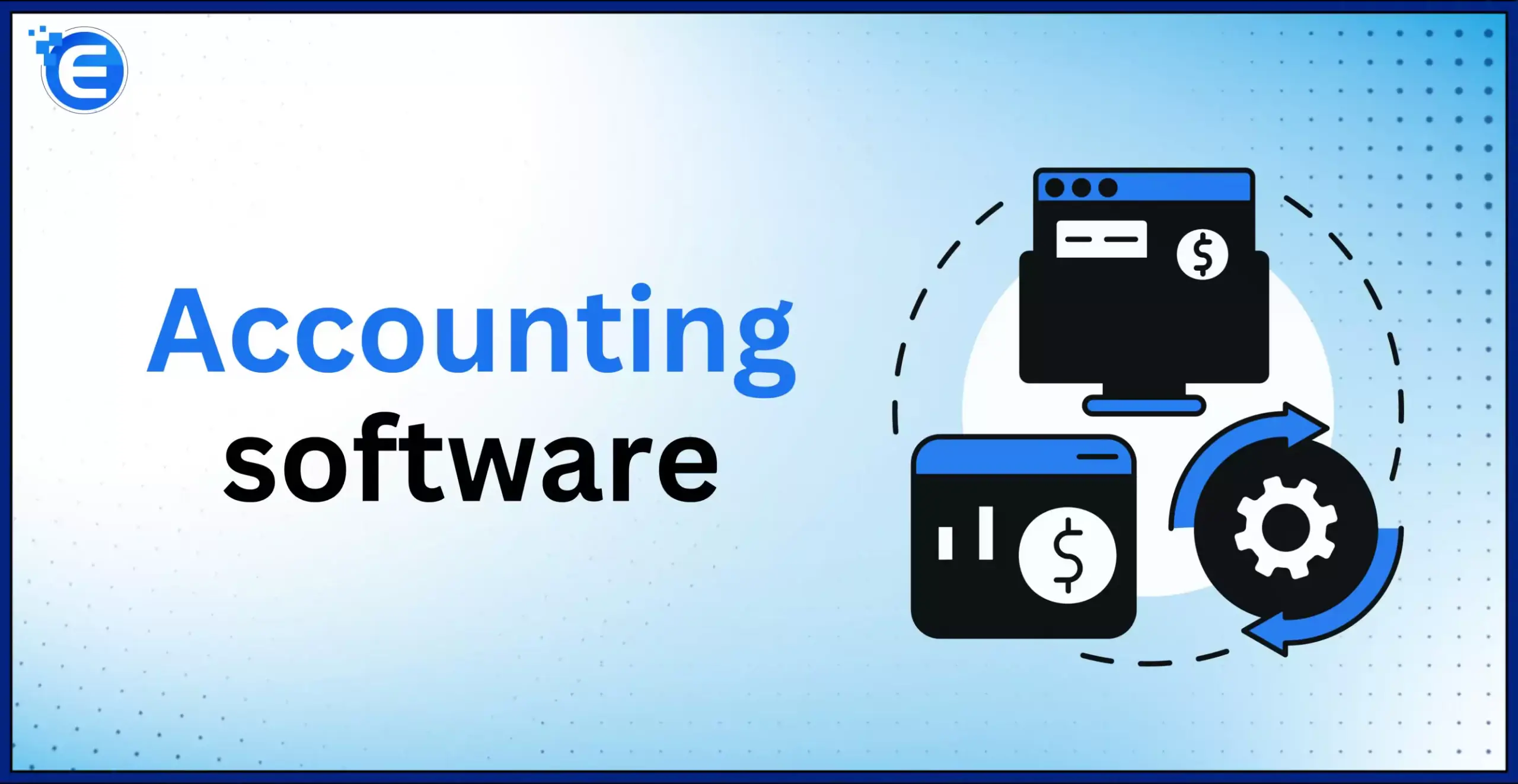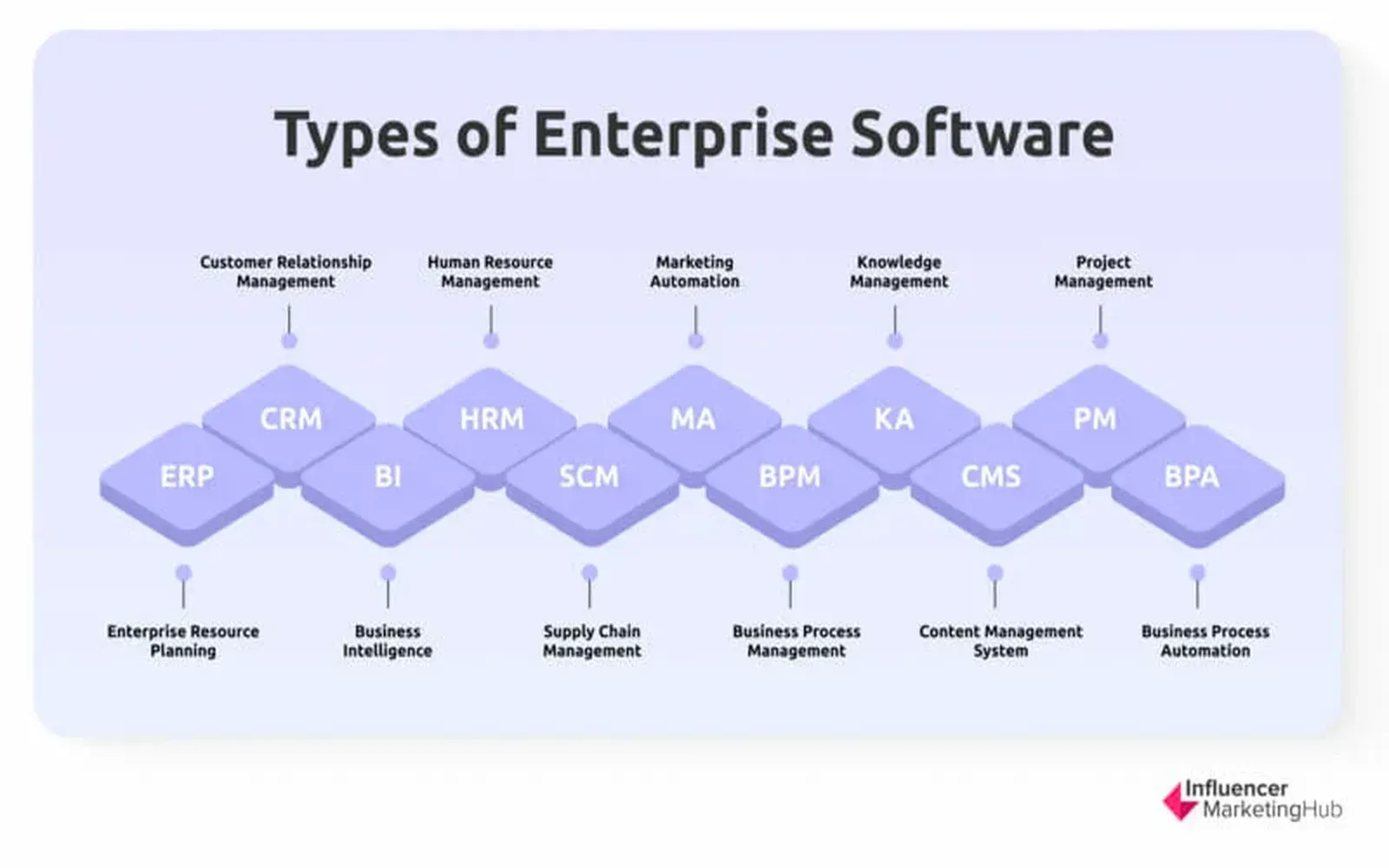Top ERP Tools to Power Small Business Growth
In today's fast-paced business environment, small businesses are increasingly turning to technology to streamline operations and drive growth. One of the most effective ways to achieve this is through the implementation of Enterprise Resource Planning (ERP) systems. These tools not only enhance efficiency but also provide valuable insights that can foster strategic decision-making. In this article, we will explore the top ERP tools specifically designed to support the growth of small businesses.
1. Odoo
Odoo is an open-source ERP solution that offers a modular approach, allowing small businesses to choose only the features they need. With applications ranging from sales and CRM to inventory and project management, Odoo is highly customizable. Its user-friendly interface and cost-effective pricing make it an appealing choice for small enterprises looking to optimize their operations.
2. Zoho ERP
Zoho is renowned for its affordability and comprehensive suite of applications tailored for small businesses. The Zoho ERP platform integrates seamlessly with various other Zoho products, including CRM, finance, and marketing tools. This integration provides a holistic view of business operations, enhancing productivity and collaboration. Additionally, Zoho offers robust reporting features, enabling businesses to analyze data effectively.
3. SAP Business One
SAP Business One is a powerful ERP solution designed specifically for small to medium-sized enterprises. It provides a complete set of functionalities that cover financials, sales, customer relationship management, and inventory. The software is known for its scalability, allowing businesses to adapt and grow without needing to switch platforms. SAP Business One also offers cloud deployment options, which provide flexibility and accessibility for remote teams.
4. QuickBooks Online
QuickBooks Online is primarily known for its accounting capabilities but has evolved into a more comprehensive ERP system. It offers features like inventory management, time tracking, and project management, making it suitable for small businesses looking to consolidate their financial and operational tasks. Its integration with a variety of third-party applications enhances its functionality, and its user-friendly design makes it easy for business owners to navigate.
5. NetSuite
NetSuite is a cloud-based ERP solution that has gained popularity among small businesses for its robust features and scalability. It covers a wide range of business functions, including finance, CRM, e-commerce, and inventory management. NetSuite's real-time analytics and reporting capabilities empower small business owners to make data-driven decisions. While it may be on the pricier side compared to other options, the return on investment can be significant for growing businesses.
6. Microsoft Dynamics 365 Business Central
Microsoft Dynamics 365 Business Central is an all-in-one business management solution that caters to small and medium-sized enterprises. It integrates finance, sales, service, and operations into a single platform, allowing for streamlined processes and better collaboration. The seamless integration with other Microsoft products, like Office 365, enhances productivity and user experience. Furthermore, its cloud-based nature ensures accessibility from anywhere, making it ideal for small teams.
7. Acumatica
Acumatica is a flexible and scalable ERP solution that is designed for small to mid-sized businesses. It offers a wide array of modules including financials, distribution, project management, and CRM. Acumatica's unique pricing model, which allows for unlimited users, makes it a cost-effective choice for growing businesses. Additionally, its intuitive interface and mobile accessibility provide an excellent user experience.
Comparison Table of Top ERP Tools for Small Businesses
| ERP Tool | Key Features | Pricing | Best For |
|---|---|---|---|
| Odoo | Modular applications, open-source | Free for basic features | Customizable solutions |
| Zoho ERP | Comprehensive suite, integration with Zoho products | Affordable monthly subscriptions | Budget-conscious businesses |
| SAP Business One | Comprehensive functionality, cloud deployment | Custom pricing based on features | Scalable operations |
| QuickBooks Online | Accounting, project management, inventory | Monthly subscriptions starting low | Small businesses focused on finance |
| NetSuite | Real-time analytics, broad functionality | Premium pricing | Rapidly growing businesses |
| Microsoft Dynamics 365 Business Central | All-in-one solution, Microsoft integration | Subscription-based pricing | Microsoft ecosystem users |
| Acumatica | Flexible modules, unlimited users | Custom pricing based on needs | Teams looking for scalability |
Choosing the right ERP tool is crucial for small businesses aiming to enhance their efficiency and support growth. Each of the solutions mentioned above offers unique features and benefits, allowing small enterprises to select a system that aligns with their specific needs. By implementing a suitable ERP tool, small businesses can streamline processes, improve data visibility, and foster informed decision-making, ultimately paving the way for sustained growth and success in the competitive market.
Explore

Top Small Business Accounting Tools for 2025

Top Customer Support Tools for Small Business
Unlocking Success: How Call Answering Services Enhance Customer Experience and Boost Business Growth
Streamlining Business: Unlocking the Power of Electronic Data Interchange (EDI) Software

Top HBS Online Courses for Career Growth in 2025

The 'Three Bucket' Strategy: Balancing Cash, Bonds, and Growth Assets

How Enterprise Software Can Drive Growth

Best Cloud Backup Tools to Protect Data in 2025
